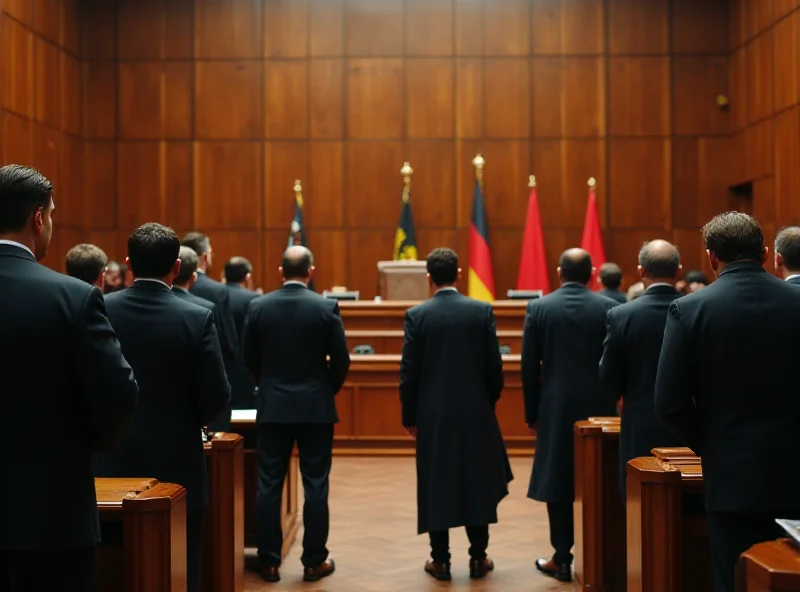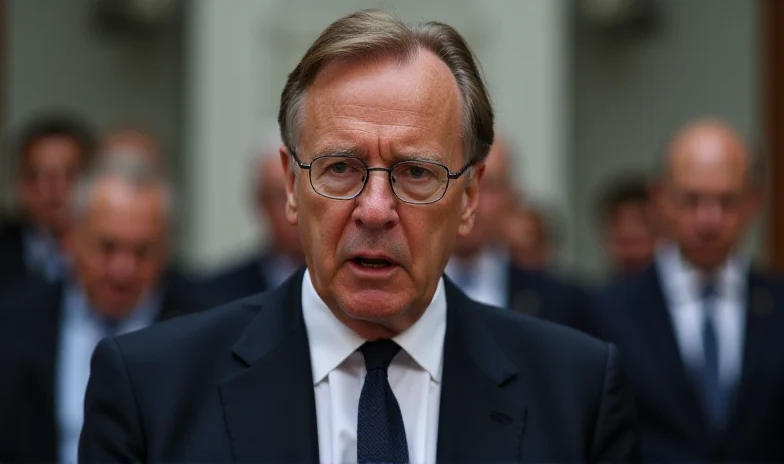Germany is facing a complex political landscape, grappling with both economic and security challenges. Amidst these tensions, Labor Minister Hubertus Heil (SPD) has announced a pension increase of 3.74 percent, set to take effect on July 1st. This announcement comes at a time when the Social Democratic Party (SPD) is facing increasing scrutiny over its labor and social policies.

Pension Increase Amidst Economic Uncertainty
Despite ongoing crises, Heil maintains that the German labor market remains stable. He has emphasized the importance of discussing the future of old-age security in upcoming exploratory talks and coalition negotiations. The pension increase aims to provide relief to retirees, but it also raises questions about the long-term sustainability of social benefits. Some critics argue that the SPD has been too quick to introduce new social programs without adequately considering their efficiency.
“The labor market has remained stable despite all crises,” Heil stated, highlighting the resilience of the German economy. However, the future of old-age security remains a key concern, requiring careful consideration in upcoming negotiations.
Coup Plot and Political Instability
The announcement of the pension increase is overshadowed by the recent trial and sentencing of individuals involved in a plot to kidnap Federal Health Minister Karl Lauterbach (SPD) and overthrow the government. The group, known as the "United Patriots," planned a violent coup, including orchestrating a prolonged power outage. The verdicts have now been delivered, with gang leaders facing multi-year prison sentences.

The planned abduction of Lauterbach and the broader coup attempt have exposed vulnerabilities in German security and raised concerns about the rise of extremism. This event adds another layer of complexity to the already challenging political environment.
The Future of Labor Policy
The SPD's handling of labor and social policies is under increased scrutiny. Critics argue that future policies must adhere to clear efficiency criteria, moving away from simply rolling out new social benefits. The question of whether the SPD should retain control of the Ministry of Labor is also being debated.

The confluence of the pension increase, the coup plot fallout, and the debate over labor policy creates a challenging environment for the German government. Balancing social welfare with economic stability and security concerns will be crucial in the coming months.
The situation remains fluid as Germany navigates these complex challenges. The outcomes of the upcoming exploratory talks and coalition negotiations will be critical in shaping the country's future.
